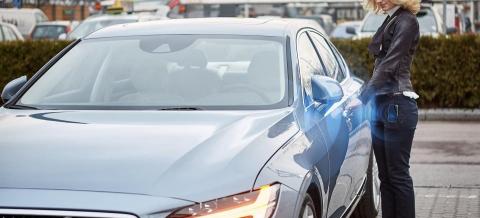With this digital passport, the European Union draws the lines and rules that will regulate the production and recycling of electric car batteries, as well as their disposal.
One of the critical points in the development of the electric car is related to the batteries. Or rather, its life cycle. For this reason, Europe has taken a measure, controlling how electric car batteries are recycled and manufactured, through a digital passport.
Electric car batteries must comply with a specific regulation on circular economy. With this digital passport, the European Union draws the lines and rules that will regulate the production and recycling of batteries, as well as their disposal. Now, the proposal must be validated by the European Council.
The objective is that the manufacturers and suppliers themselves assume a series of standards that affect energy charging systems, from the time they are manufactured until they reach the end of their useful life.
Europe will control how electric car batteries are recycled and manufactured through a digital passport
The digital passport of the battery will consist of a perfectly visible QR code that contains information on the capacity, performance, durability and chemical composition of the batteries, as well as a specific symbol on their selective collection.
In addition, industrial batteries with a capacity greater than 2 kWh will add the battery model and its use, as well as carbon footprint information.
In relation to the circular economy that we mentioned before, the digital passport will also require the recovery of minimum battery recycling percentages for reuse in new batteries, including at least 16% cobalt, 85% lead and 6% lithium and nickel.
The battery that turns electric cars upside down, charges in 72 seconds and has 10 times more autonomy
Increased demand for chemicals
These chemical materials will need to be reused in new batteries. The reason is none other than the increasing difficulty of meeting the demand for cobalt, lithium, nickel, magnesium and other chemicals.
On the other hand, the new regulation on the production and recycling of batteries will not undergo major changes and contemplates a generous period of time for battery manufacturers to prepare and adapt their production processes: three and a half years from its final approval.











